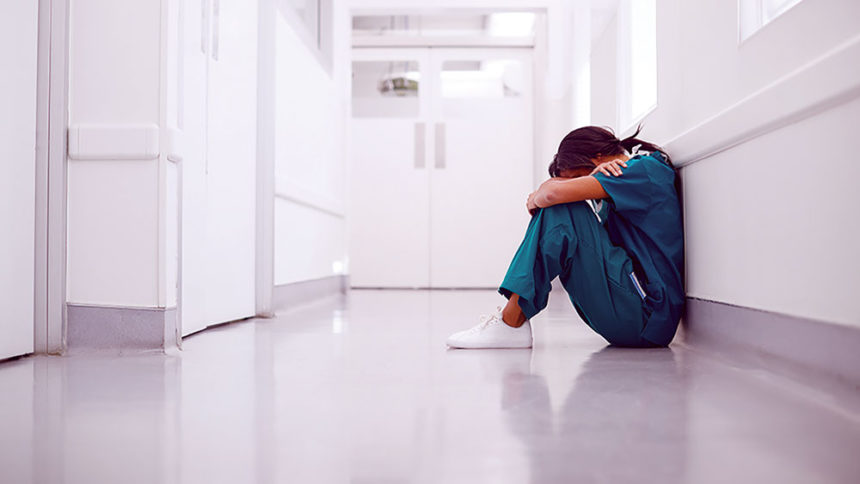
As the COVID-19 pandemic continues to take a toll on both staff and residents, taking the time to provide a leadership team with a refresher on psychological first aid can go a long way, according to a panel of experts during a McKnight’s Online Forum in April.
“Your leadership toolkit for the psychosocial disaster response begins with Maslow’s hierarchy of needs,” said Jessica Castner, Ph.D., president and principal investigator/consultant for Castner Inc. “Basic physiological needs, such as adequate sleep, nutrition, hydration, must be addressed first and foremost.”
Once those basic needs are met, it’s important to take note of nonverbal cues that may be indicative of stress, including yelling; issues with food, such as overeating or not eating; and foot tapping. Residents may also show signs of fear, depression, loneliness or anger, said Maureen Style, a program development manager for HealthStar Home Health.
Shared community coping techniques could help improve the psychosocial health of both residents and staff in facilities experiencing mass fatalities and cases. It’s also a good idea to self-direct residents to activities they enjoy, and encourage relaxation techniques to address anxiety and physical activity. “If you are managing a senior living setting, the challenges you face are compounded with what is happening in the real world,” Style said.




